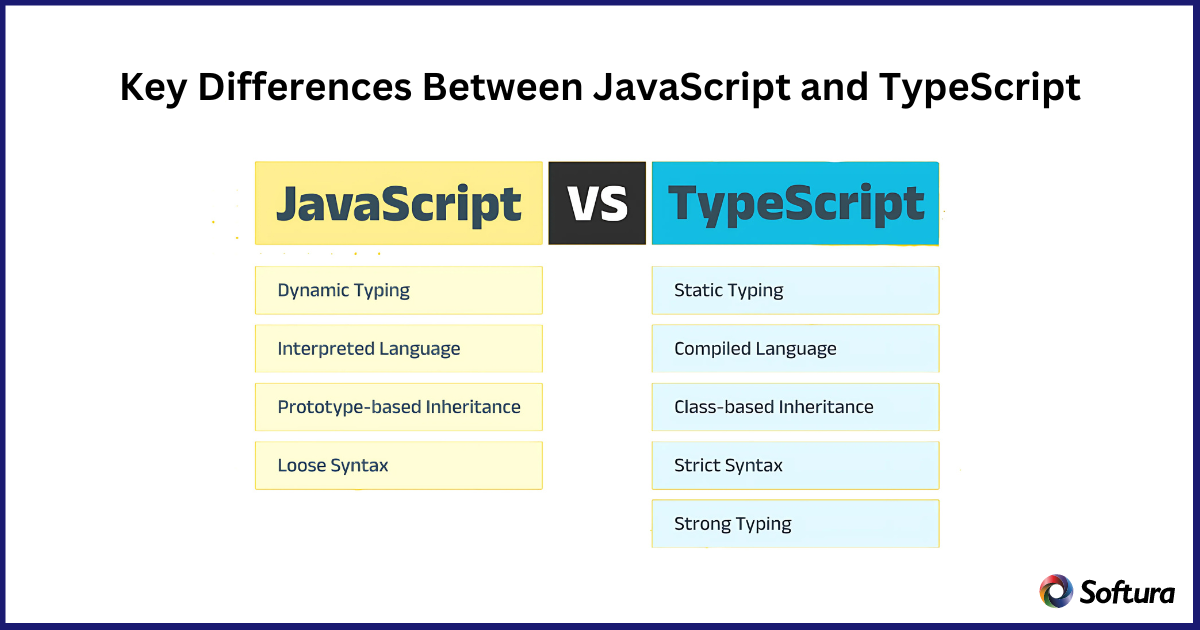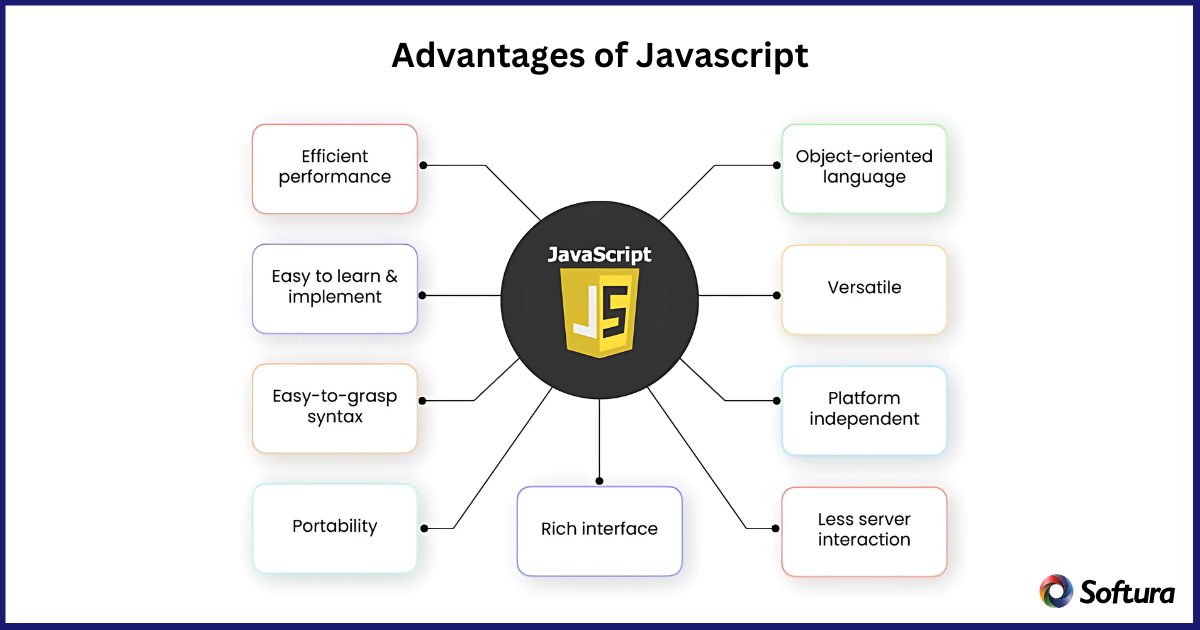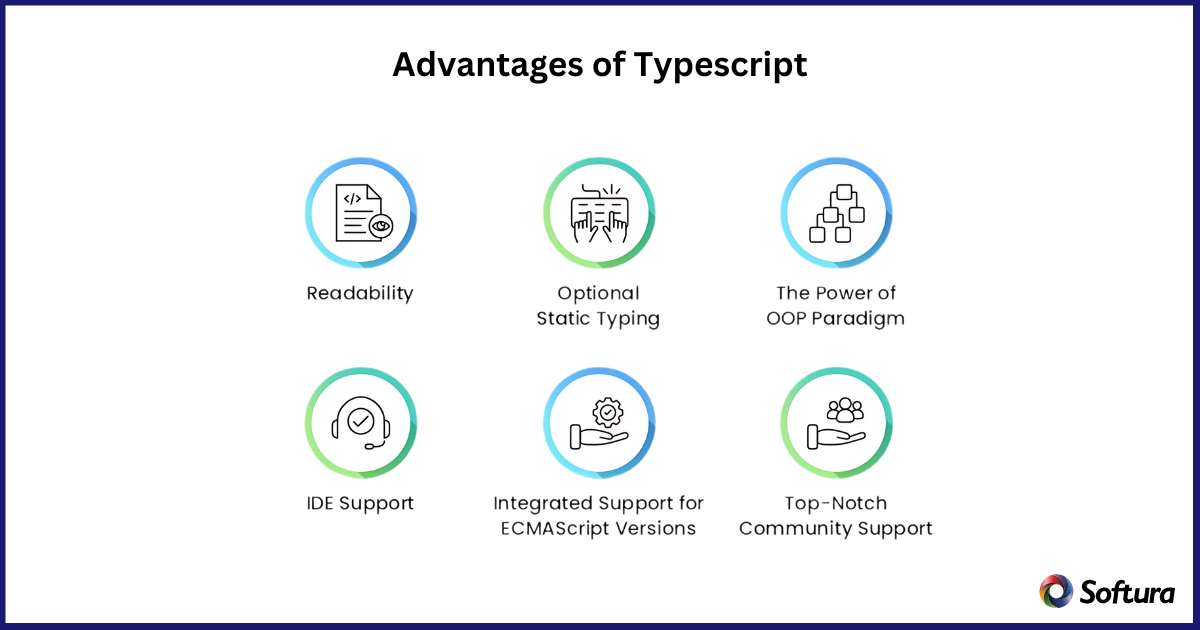"Our integration with the Google Nest smart thermostats through Aidoo Pro represents an unprecedented leap forward for our industry."
- Antonio Mediato, founder and CEO of Airzone.
JavaScript is one of the most popular programming languages in the world, primarily used for creating interactive websites. For decades, it’s been the go-to language for web developers. But as the web has evolved, so have the tools around JavaScript. This is where TypeScript comes into play.
TypeScript vs JavaScript, meaning it builds on top of JavaScript by adding optional static typing and other modern features. It was developed by Microsoft to help developers write more scalable and maintainable code, especially in large applications. But with so many skilled dedicated developers still preferring plain JavaScript, the question remains: Which one is better?
At their core, both TypeScript vs JavaScript are used to build web applications. However, they differ in some fundamental ways:


In TypeScript, the same code would throw an error because it expects my Variable to stay a string:

Onboard dedicated Offshore App Developers
Develop Mobile application and integrate it into your business processes with Softura's dedicated offshore mobile app developers!
"Our integration with the Google Nest smart thermostats through Aidoo Pro represents an unprecedented leap forward for our industry."
- Antonio Mediato, founder and CEO of Airzone.
JavaScript has been around for over 25 years and is supported by all browsers, which makes it a safe bet for web development. Here are a few reasons why developers love it:
As Brendan Eich, the creator of JavaScript, once said: "Always bet on JavaScript." This quote still rings true, considering how JavaScript continues to dominate web development.
"By analyzing the data from our connected lights, devices and systems, our goal is to create additional value for our customers through data-enabled services that unlock new capabilities and experiences."
- Harsh Chitale, leader of Philips Lighting’s Professional Business.

While JavaScript is great for rapid development, TypeScript excels in larger, more complex applications. Here’s why TypeScript is often preferred by teams working on enterprise-level projects:
A real-world example of TypeScript in action is at Slack. They adopted TypeScript to help manage their large JavaScript codebase, which improved both performance and reliability in their application development.

"By analyzing the data from our connected lights, devices and systems, our goal is to create additional value for our customers through data-enabled services that unlock new capabilities and experiences."
- Harsh Chitale, leader of Philips Lighting’s Professional Business.
JavaScript’s dynamic nature gives it flexibility, but it can also lead to unpredictable results at runtime. TypeScript’s static typing ensures that you catch these errors early.
For instance, let’s say you’re working on a payment system. In JavaScript, you might accidentally pass a string to a function expecting a number:

This bug may go unnoticed until the code is executed in production. In TypeScript, however, it would throw an error at compile time, ensuring you fix the issue before it goes live.
In fact, Anders Hejlsberg, the lead architect of TypeScript, once noted, “The most expensive errors in software development are the ones found in production.” TypeScript helps eliminate these costly mistakes by enforcing type safety from the start.
"By analyzing the data from our connected lights, devices and systems, our goal is to create additional value for our customers through data-enabled services that unlock new capabilities and experiences."
- Harsh Chitale, leader of Philips Lighting’s Professional Business.
JavaScript shines in smaller, quick-to-launch projects, like building a landing page or adding interactivity to an existing website. For example:
TypeScript becomes more beneficial as your project grows in complexity. It’s an ideal choice when:
For instance, Uber moved a significant portion of their web codebase to TypeScript to help manage the scale of their app and reduce the number of bugs in production.
JavaScript has a lower learning curve, making it easier for new developers to pick up. It’s a simpler language, without the added layer of types and interfaces. Additionally, JavaScript has a massive community, with countless tutorials, libraries, and resources available for free.
TypeScript, while more robust, requires a deeper understanding of concepts like static types, generics, and advanced syntax. However, once you grasp these, TypeScript’s ecosystem and community are equally vibrant and growing fast, as seen in Stack Overflow’s 2023 Developer Survey, where TypeScript ranked among the most-loved languages
So, is TypeScript vs JavaScript better? It depends on your project’s needs:
In the end, JavaScript is perfect for simplicity, while TypeScript shines for complexity. Both are powerful tools in modern development, and the best one for you depends on your specific use case.
As Linus Torvalds, the creator of Linux, famously said: "Bad programmers worry about the code. Good programmers worry about data structures and their relationships." TypeScript helps you focus on the structure of your code, ensuring it scales well as projects grow.
Are you ready for your next project?
Unlock your company's full potential with our comprehensive Software development services. Contact our experts today to discuss how we can drive your success together.